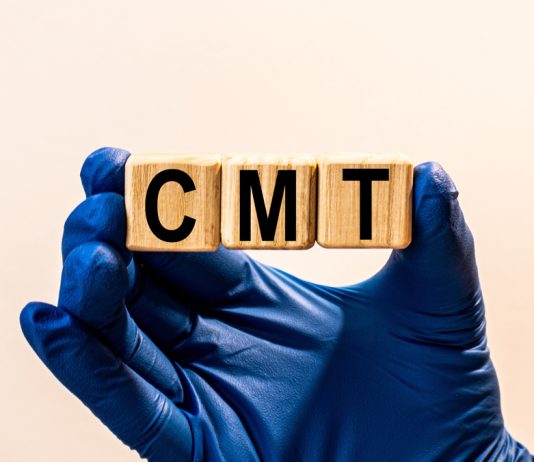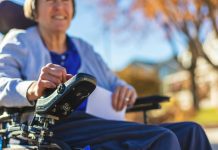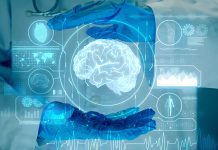Making symptoms of menopause manageable
Awareness and education around symptoms of menopause are paramount for ensuring patients receive accurate diagnosis and treatment. HEQ spoke to Dr Haitham Hamoda, consultant...
Insomnia increases the risk of major adverse cardiovascular events
Insomnia elevates an individual’s chances of suffering major adverse cardiovascular events (MACE), a new study has found.
Data shows that around 50% of heart disease...
New cancer drug developed in CU lab
CU Cancer Centre scientists recently demonstrated how a new cancer drug can slow the progression of cancer cells, by inhibiting the oncogene CHD1L, which...
Bowel cancer risk potentially lowered through exercise
Scientists at Newcastle University have identified that bowel cancer risk can be reduced through exercise in a groundbreaking discovery.
The University researchers have demonstrated that...
Specific genes discovered that may be a cause of schizophrenia
Researchers may have discovered a potential cause of schizophrenia, identifying particular genes that may be instrumental in developing the psychiatric disorder.
In the most extensive...
Scientists discover biomarkers to identify subcortical small-vessel disease
A research team from the University of Gothenburg has discovered two biomarkers that will make it possible to identify patients with subcortical small-vessel disease.
How...
Detecting early signs of Type 2 diabetes with Artificial Intelligence
Researchers have developed an innovative Artificial Intelligence (AI) system that expertly identifies early signs of Type 2 diabetes.
Innovated by a team of researchers at...
Could vitamin K protect against cognitive decline?
A new study conducted on rats finds that vitamin K could protect against age-related cognitive decline.
Vitamin K comes in two forms: vitamin K1 and...
Scientists investigate metastatic prostate cancer
A research team from the Medical University of Vienna (MUV) has discovered specific changes in a protein that results in metastatic prostate cancer.
What is...
Childhood trauma may increase the risk of MS in women
A new study suggests that childhood trauma might significantly increase women’s risk of developing multiple sclerosis (MS) later in life.
The research found that childhood...
World-first genetic test to prevent babies from going deaf
A new bedside genetic test developed by the NHS could save the hearing of many critically ill babies each year.
The innovative genetic test could...
New approach shortens manufacturing time for CAR T cell therapy
Researchers from the University of Pennsylvania (Penn) have developed a new method to cut manufacturing time for CAR T cell therapy.
The cell manufacturing process...
Sporadic genetic mutations linked to strokes and seizures
A collaborative study, including the University of Chicago Medicine, has discovered a link between a set of sporadic genetic mutations and lesions associated with...
Flash glucose monitors now available for type 1 diabetes patients in the UK
The NHS has revealed that cutting-edge flash glucose monitors are now available for all UK patients with Type 1 diabetes, making the life-saving technology...
Blood cancer treatment revolutionised with gene editing technology
A research team from Hokkaido University has utilised gene editing technology to identify new molecular targets for treating aggressive forms of leukaemia in adults.
What...
AI-powered breast cancer screening could soon be on the horizon
A Norwegian study suggests that Artificial Intelligence (AI) may be effectively used to perform breast cancer screening, potentially speeding up diagnostics for the disease.
The...
Can pharmacogenetic testing help patients with treatment-resistant depression?
Pharmacogenetic testing shows promise in improving symptoms in patients with treatment-resistant depression.
Treatment-resistant depression is depression that has not improved despite treatment. For many individuals,...
Osteoporosis prevention: Why early diagnosis is essential for bone health
With initial diagnosis of osteoporosis often taking place after a breakage has occurred, Health Europa discusses the importance of osteoporosis prevention measures to protect...
Symptoms of Alzheimer’s disease tracked with new computational model
Researchers from the Mayo Clinic have designed a cutting-edge computational model that analyses symptoms of Alzheimer's disease, potentially a groundbreaking advancement for monitoring the...
Transforming our approach to disease prevention through health research
Our Future Health - the UK’s largest ever health research programme - explains how it aims to transform the prevention, detection, and treatment of...


























